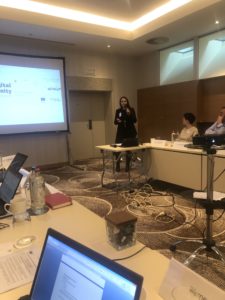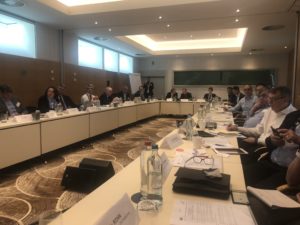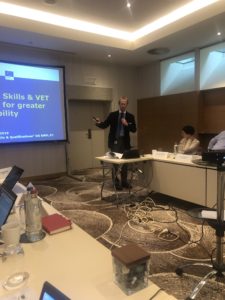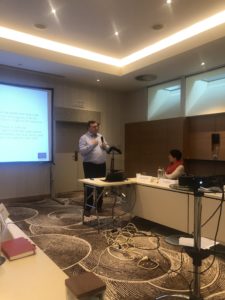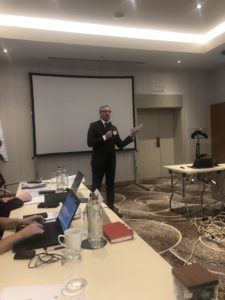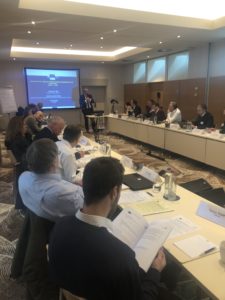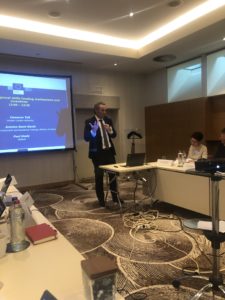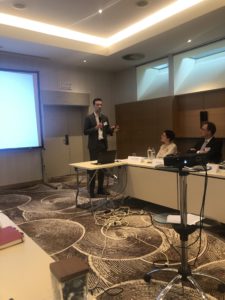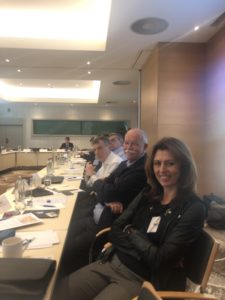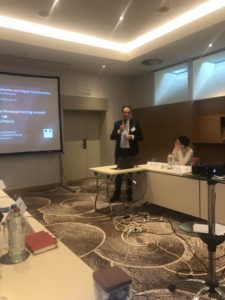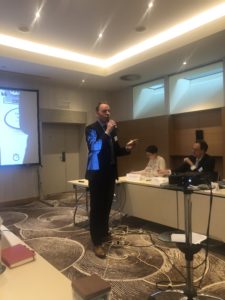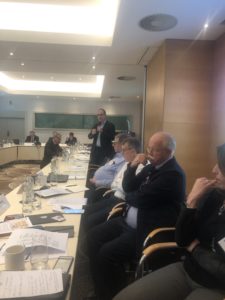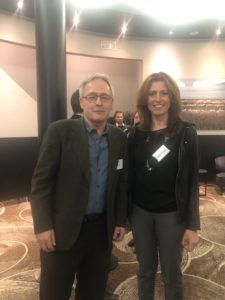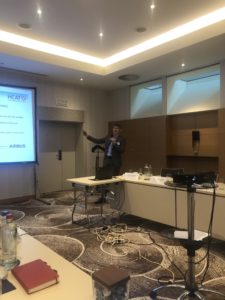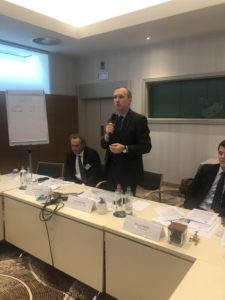5th workshop on EU 2030 High-tech T-shaped Skills Vision
On 12th of March 2019, SPCleantech participated in 5th workshop on EU 2030 High-tech T-shaped Skills Vision at NH Brussels EU Berlaymont in Brussels. CEO in SPCleantech, Janusz Kahl represented European clusters as member of the Steering Committee.
The EU2030 High-Tech T-Shaped Skills Vision aims to mobilise all resources at the local, regional, national and EU level collectively to make skills an opportunity for everyone.
Context and Goal of the 5th Expert Workshop
The ‘Skills for Smart Industrial Specialisation and Digital Transformation (SIS&DT)’ project has been focusing its efforts on the development of specific modules under the Toolbox to be used by individuals, companies and policy makers at all levels for the operationalisation of the ‘EU 2030 High-tech T-shaped Skills Vision’.
This fifth workshop aimed to have an in-depth discussion of the following three modules of the Toolbox: ‘Funding (EU/National/Regional/Private)’, ‘Incentives’ and ‘Communication’.
Key participants representing different stakeholder groups at all levels (i.e. Supra-national, National, Regional, City, Cluster, Industry) have been invited to collectively discuss the following topics:
- Defining a ‘Funding’ scheme that will support the operationalisation of the EU 2030 High-tech T-shaped Skills Vision (e.g. Territorial Skills Councils, Upskilling schemes, development of new training techniques etc.)
- Developing a set of ‘Incentives’ to encourage the widespread uptake of the upskilling movement and the active participation of all stakeholders regarding the operationalisation of the EU 2030 Skills Vision
-
Defining a comprehensive and aligned ‘Communication’ strategy at all levels (eg. City/Regional/National/EU)
Key questions discussed during the workshop included:
Funding
- Could existing funding mechanisms be adapted to support the creation of a possible ‘Skills Fund’?
- How can we ensure the alignment of funding efforts for RD&Innovation, Education and Industrial Development?
- How should funding efforts be distributed across all levels of actors (e.g. city / regional / national / EU level)?
Incentives
- How to encourage individuals/corporates to invest in skills? What types of incentives would have the most impact?
- How to ensure coherence between TSC and city, national and EU level incentives?
Communication
- Who should lead the communication strategy? How to develop a comprehensive communication strategy that addresses all actors concerned?
WS5_SIS_DT_Final Agenda_12.03.19_Brussels
WS5_SIS_DT_Background document_12.03.19_Brussels




